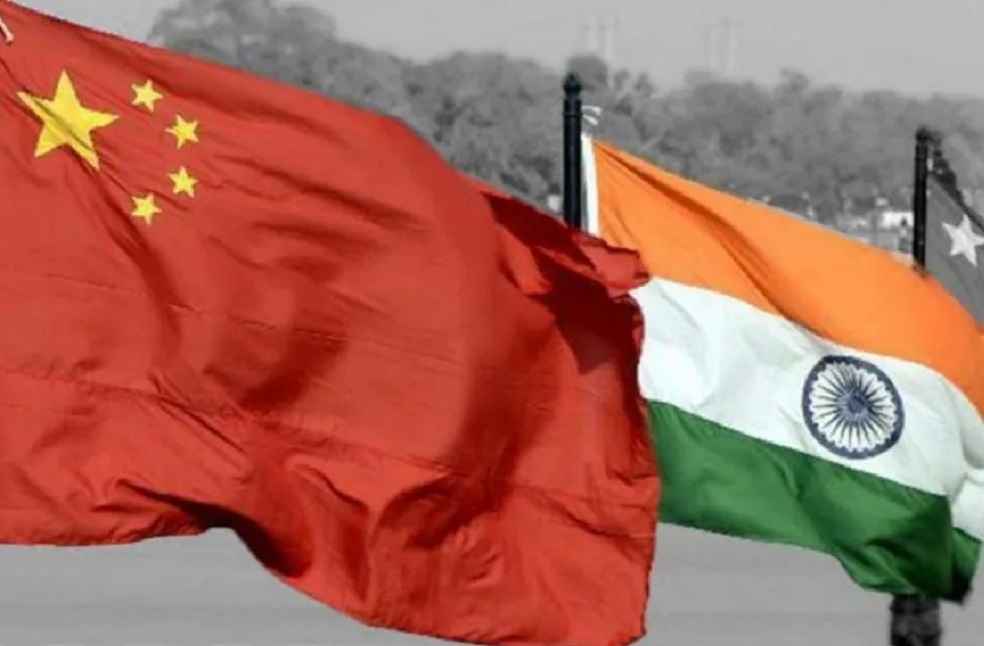The World Trade Organization’s (WTO) Dispute Settlement Body (DSB) has accepted a request from India and Chinese Taipei to delay adopting a panel ruling that challenges India’s import duties on specific information and technology products until April 25, 2025. This marks the sixth postponement as both parties seek to resolve the issue through mutual negotiation.
The decision was reached at the DSB meeting in Geneva, following a joint appeal from India and Chinese Taipei for more time to address the panel’s findings. A Geneva-based official confirmed, “The DSB agreed to the latest requests from Chinese Taipei and India,” allowing the countries additional months to find a solution.

The dispute originates from a complaint filed by Chinese Taipei, the European Union, and Japan, questioning India’s import tariffs on a range of high-tech goods, including cellular phones and components for communication devices. These tariffs, they argue, contravene global trade standards set by the WTO. India has maintained that these products fall under the WTO’s Information Technology Agreement (ITA-2), to which it is not a signatory, whereas it adheres to ITA-1, agreed upon in 1997, which does not mandate duty elimination on these items.
The WTO’s dispute panel released its ruling on April 17, 2023, stating that India’s duties on certain ICT products violate international trade norms. Under WTO procedures, a panel ruling must be implemented within 60 days unless the disputing countries jointly request an extension—a request granted multiple times in this case.

The WTO, a multilateral institution with 166 members, facilitates and regulates global trade, including dispute settlement. When a member country believes a trade measure violates WTO rules, it can seek bilateral consultations with the other party. If unresolved, the case can progress to a formal panel, whose findings can be challenged at the WTO appellate level. However, the appellate body has remained inactive due to a deadlock among members, led by the U.S., over new appointments, leaving numerous disputes in limbo.
POLICY & LAW | India Seeks Compensation as Turkiye’s Safeguard Measures Hit Polyester Exports



